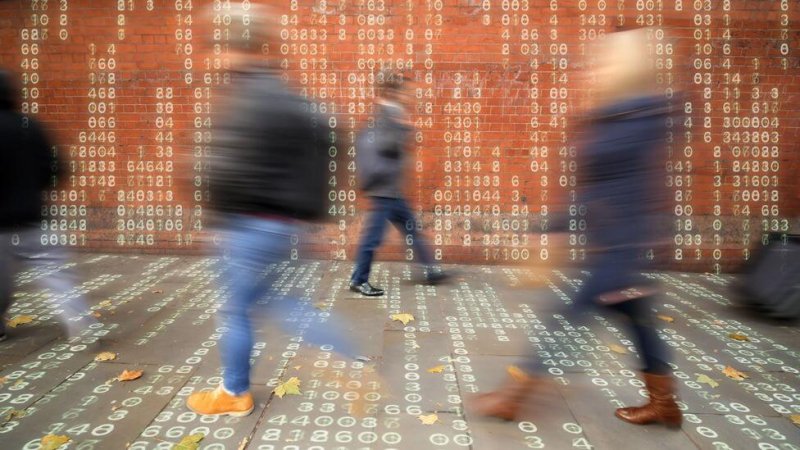We have come together to fight Covid-19 and AI was a key enabler to bring to market vaccines, in unprecedented clinical trial R&D timeframes, to eradicate this virus, and help us get back to a more interactive global community where we can freely travel, visit our favourite restaurants and shop with more access in our local retailer stores. This is an excellent example of AI being used for good.
However, much of AI in large global data sets are full of inequalities, incumbencies and biases of the innovators designing AI which have a direct impact on how the technology guides human information, perception and action.
As AI leads society towards the next phase of human evolution, it is becoming increasingly more evident that we need to acutely increase our knowledge of AI ethics and reflect on the future world we want to create.
Can we create an intelligence that is unconstrained by the limitations and prejudices of its creators to have AI serve all of humanity, or will it become the latest and most powerful tool for perpetuating and magnifying racism and inequality? These require serious discussion and governance frameworks to get AI deployments right across governments, businesses and in our general society infrastructures.































